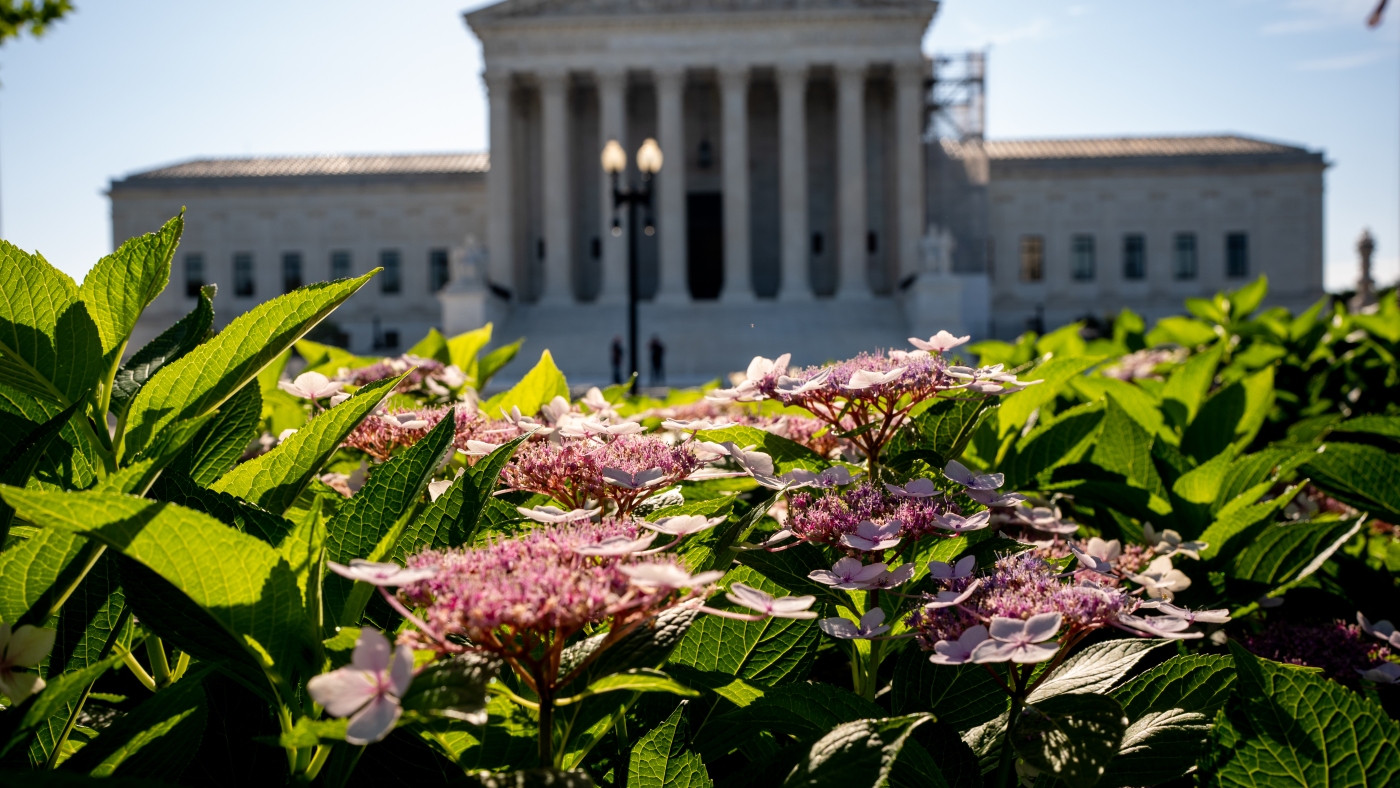The Supreme Court has ruled that school systems must provide parents with an “opt-out” provision, allowing them to excuse their children from classes that include material conflicting with their religious beliefs. This decision, delivered on Friday, was made with a 6-3 vote along ideological lines.
The ruling has sparked concern among public school boards, administrators, and teachers, who are now tasked with navigating opt-out demands that range from courses featuring LGBTQ characters in books to science classes covering Darwin’s theory of evolution. The case at the center of this decision involved the Montgomery County, Maryland school system, known for its religious diversity with 160,000 students from nearly all faiths.
Background of the Case
A group of parents from Montgomery County sued the school board, seeking the right to opt their elementary school children out of classes that included books with LGBTQ characters. The parents argued that the absence of an opt-out provision violated their First Amendment rights to religious freedom. Justice Samuel Alito, writing for the court majority, agreed with the parents.
“The parents are likely to succeed on their claim that the Board’s policies unconstitutionally burden their religious exercise,” Justice Alito stated, emphasizing that the storybooks conveyed a “normative message” contrary to the parents’ beliefs.
Justice Sonia Sotomayor, writing for the three liberal justices, criticized the majority’s decision, arguing that it seeks to insulate children from the diverse ideas that are crucial to the nation’s civic vitality. “Yet it will become a mere memory if children must be insulated from exposure to ideas and concepts that may conflict with their parents’ religious beliefs,” she wrote.
Implications for School Systems
The Montgomery County school board, supported by other parents, contended that opt-out provisions were impractical. Initially, the board allowed parents to opt their children out of specific lesson plans. However, the school system removed the opt-out provision when accommodating these requests became too disruptive. The board argued that while it is feasible to facilitate single-class opt-outs, as with sex education, it is much more challenging to remove children every time a book mentions same-sex parents or LGBTQ characters.
Parents opposing the storybooks maintained that the Supreme Court has historically supported parental authority in setting values for their children. They argued that forcing children to read LGBTQ-friendly storybooks against their parents’ wishes infringes on families’ First Amendment rights.
Expert Opinions and Historical Context
Legal experts and educators are divided on the implications of this ruling. Some argue that it upholds parental rights and religious freedom, while others fear it could lead to increased censorship in education. Historically, the Supreme Court has grappled with similar issues, balancing religious freedoms with educational mandates.
By the Numbers: Montgomery County’s school system serves 160,000 students, representing one of the most religiously diverse populations in the nation.
Education policy analyst Dr. Emily Larson notes, “This decision could set a precedent that affects not just LGBTQ content but any educational material that a parent might find objectionable on religious grounds.”
Looking Ahead
The Supreme Court’s decision is likely to prompt further legal challenges and debates over educational content and parental rights. School systems across the nation may need to reassess their policies to comply with this ruling while striving to maintain an inclusive educational environment.
As the litigation continues, schools, parents, and policymakers will be closely watching the developments to understand the full impact of the Supreme Court’s decision on the educational landscape.
